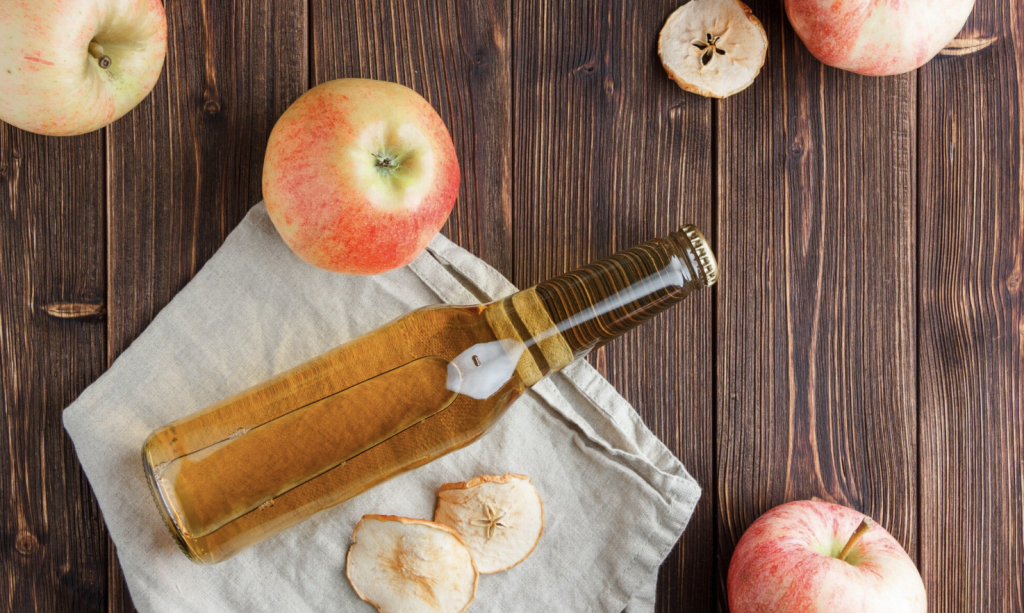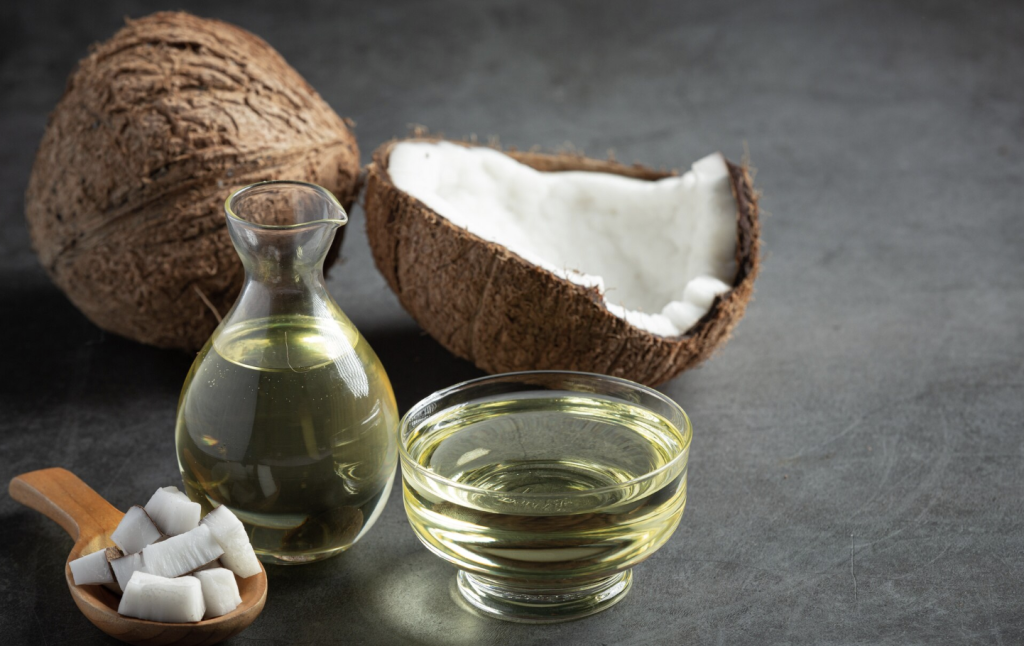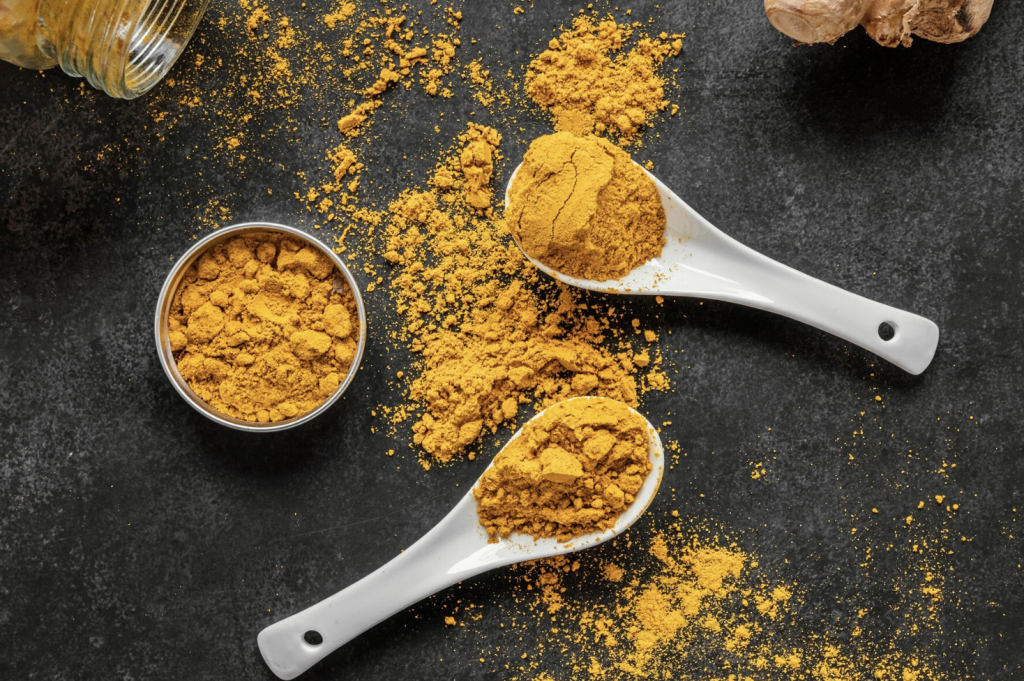
Introduction
Psoriasis is a chronic autoimmune skin disease that speeds up the growth cycle of skin cells. This condition leads to the buildup of cells on the surface of the skin, forming scales and red patches that can be itchy and sometimes painful. While there is no cure for psoriasis, various treatments, including natural remedies, can help manage the symptoms and improve the quality of life for those affected. This article provides a comprehensive look at psoriasis, its causes, symptoms, and effective natural remedies.
Understanding Psoriasis
What is Psoriasis?
Psoriasis is a long-lasting, non-contagious autoimmune disease that primarily affects the skin. It occurs when the immune system sends faulty signals that speed up the growth cycle of skin cells. Normally, skin cells grow and shed in a month, but in psoriasis, this process happens in just a few days, resulting in a buildup of cells on the skin’s surface.
Types of Psoriasis
There are several types of psoriasis, each with distinct characteristics:
- Plaque Psoriasis: The most common form, characterized by dry, raised, red skin lesions (plaques) covered with silvery scales.
- Guttate Psoriasis: Appears as small, dot-like lesions and often starts in childhood or young adulthood.
- Inverse Psoriasis: Involves bright red, shiny lesions that appear in skin folds, such as under the breasts or in the groin area.
- Pustular Psoriasis: Characterized by white pustules (blisters of noninfectious pus) surrounded by red skin.
- Erythrodermic Psoriasis: A severe and rare form that leads to widespread redness and scaling, covering large areas of the body.
Causes of Psoriasis
Psoriasis is a complex condition influenced by multiple factors. These include genetic, environmental, and immunological factors.
Genetic Factors
A significant genetic component is associated with psoriasis. About one-third of people with psoriasis have a family history of the disease. Certain genes have been identified that increase the likelihood of developing psoriasis, although the exact mechanism remains unclear.
Immune System Dysfunction
Psoriasis is an autoimmune condition, meaning the immune system mistakenly attacks healthy skin cells. This leads to an overproduction of skin cells and inflammation. T cells, a type of white blood cell, play a critical role in this immune response.
Environmental Triggers
Various environmental factors can trigger or exacerbate psoriasis. These include:
- Infections: Strep throat and skin infections can trigger guttate psoriasis.
- Weather: Cold, dry weather can worsen symptoms, while sunlight can improve them.
- Injuries: Cuts, scrapes, insect bites, and sunburns can trigger a psoriasis flare-up, a phenomenon known as the Koebner response.
- Stress: High stress levels can trigger or worsen psoriasis.
- Smoking and Alcohol: Both are known to increase the risk of developing psoriasis and can exacerbate symptoms.
- Medications: Certain medications, such as lithium, beta-blockers, and antimalarials, can trigger psoriasis.

Symptoms of Psoriasis
The symptoms of psoriasis can vary depending on the type and severity of the condition. Common symptoms include:
- Red patches of skin covered with thick, silvery scales
- Dry, cracked skin that may bleed
- Itching, burning, or soreness
- Thickened, pitted, or ridged nails
- Swollen and stiff joints (psoriatic arthritis)
Psoriasis patches can range from a few spots of dandruff-like scaling to major eruptions that cover large areas. The most commonly affected areas include the scalp, elbows, knees, lower back, and genitals.
Natural Remedies for Psoriasis
While conventional treatments such as topical corticosteroids, systemic medications, and phototherapy are commonly used to manage psoriasis, many individuals seek natural remedies to complement these treatments and reduce potential side effects. Natural remedies focus on reducing inflammation, soothing the skin, and promoting overall health.
1. Aloe Vera

Benefits:
Aloe vera has anti-inflammatory and healing properties that can help soothe the skin and reduce redness and scaling associated with psoriasis.
How to Use:
- Aloe Vera Gel: Apply pure aloe vera gel directly to the affected areas. Use it several times a day for best results.
2. Apple Cider Vinegar

Benefits:
Apple cider vinegar can help relieve scalp itch associated with psoriasis. Its antibacterial properties can also prevent infections.
How to Use:
- Diluted Solution: Mix one part apple cider vinegar with one part water. Apply the solution to the scalp using a cotton ball. Rinse off after a few minutes.
3. Coconut Oil

Benefits:
Coconut oil can moisturise the skin and reduce dryness and scaling. Its anti-inflammatory properties can also help reduce symptoms.
How to Use:
- Direct Application: Apply virgin coconut oil directly to the affected areas. Use it after bathing and before bed.
4. Dead Sea Salts
Benefits:
Bathing in Dead Sea salts can help remove scales and reduce itching and inflammation.
How to Use:
- Salt Bath: Add 1-2 cups of Dead Sea salts to a warm bath. Soak for 15-20 minutes, then rinse off and moisturise.
5. Oatmeal Baths
Benefits:
Colloidal oatmeal can soothe the skin, reduce itching, and help remove scales.
How to Use:
- Oatmeal Bath: Add 1-2 cups of colloidal oatmeal to a lukewarm bath. Soak for 15-20 minutes, then gently pat the skin dry and moisturise.
6. Turmeric

Benefits:
Turmeric contains curcumin, which has potent anti-inflammatory and antioxidant properties. It can help reduce inflammation and flare-ups.
How to Use:
- Turmeric Supplements: Take turmeric supplements as directed by a healthcare provider.
- Turmeric Paste: Mix turmeric powder with water to form a paste. Apply the paste to the affected areas and leave it on for 10-15 minutes before rinsing off.
7. Tea Tree Oil
Benefits:
Tea tree oil has antiseptic and anti-inflammatory properties. It can help reduce scaling and improve the appearance of the skin.
How to Use:
- Diluted Solution: Dilute tea tree oil with a carrier oil, such as coconut oil, in a 1:10 ratio. Apply the mixture to the affected areas.
8. Omega-3 Fatty Acids
Benefits:
Omega-3 fatty acids have anti-inflammatory properties that can help reduce the severity of psoriasis symptoms.
How to Use:
- Supplements: Take fish oil or flaxseed oil supplements as directed by a healthcare provider.
- Dietary Sources: Include foods rich in omega-3s in your diet, such as fatty fish (salmon, mackerel, sardines), flaxseeds, and walnuts.
9. Probiotics
Benefits:
Probiotics help maintain a healthy gut microbiome, which can influence immune function and reduce inflammation.
How to Use:
- Supplements: Take probiotic supplements as directed by a healthcare provider.
- Probiotic Foods: Include probiotic-rich foods in your diet, such as yogurt, kefir, sauerkraut, and kimchi.
10. Evening Primrose Oil
Benefits:
Evening primrose oil contains gamma-linolenic acid (GLA), which has anti-inflammatory properties. It can help reduce skin inflammation and improve skin health.
How to Use:
- Topical Application: Apply evening primrose oil directly to the skin. Alternatively, take evening primrose oil supplements as directed by a healthcare provider.
Lifestyle Changes to Manage Psoriasis
In addition to natural remedies, certain lifestyle changes can help manage psoriasis symptoms and reduce flare-ups.
1. Maintain a Healthy Diet
Eat a balanced diet rich in fruits, vegetables, lean proteins, and whole grains. Avoid foods that can trigger inflammation, such as processed foods, red meat, and sugary snacks.
2. Stay Hydrated
Drink plenty of water to keep the skin hydrated and prevent dryness.
3. Avoid Triggers
Identify and avoid triggers that can worsen psoriasis symptoms, such as stress, smoking, alcohol, and certain medications.
4. Practice Good Skincare
Use gentle, fragrance-free cleansers and moisturisers to keep the skin clean and hydrated. Avoid hot showers and harsh soaps that can dry out the skin.
5. Manage Stress
Practice stress-reducing techniques, such as yoga, meditation, and deep breathing exercises. Regular physical activity and hobbies can also help manage stress.
6. Get Regular Exercise
Regular exercise can improve overall health and reduce stress, which can help manage psoriasis symptoms.
7. Use Sunlight Carefully
While sunlight can help improve psoriasis symptoms, it’s important to avoid overexposure and sunburn. Use sunscreen and limit sun exposure to safe levels.
8. Avoid Smoking and Limit Alcohol
Both smoking and excessive alcohol consumption can worsen psoriasis symptoms. Avoid smoking and limit alcohol intake to reduce flare-ups.
Precautions and Considerations
While natural remedies and lifestyle changes can be effective in managing psoriasis, it’s essential to approach them with caution and awareness.
- Consultation with Healthcare Providers: Always consult with a healthcare provider before starting any new treatment, especially if you have underlying health conditions or are taking other medications.
- Quality of Ingredients: Ensure the quality and purity of ingredients used in natural remedies. Choose organic products to avoid contaminants.
- Proper Dosage: Be mindful of dosages, as even natural remedies can cause harm if used excessively. Follow recommended guidelines and consult resources for accurate information.
- Allergic Reactions: Be aware of potential allergic reactions. Perform a patch test when using a new topical remedy and start with small doses for oral remedies.
- Research and Evidence: While many natural remedies have historical and anecdotal support, seek out scientific research to validate their efficacy. Reliable sources include peer-reviewed journals and reputable health organisations.
Conclusion
Psoriasis is a chronic autoimmune skin condition that can significantly impact an individual’s quality of life. Natural remedies offer a safe and effective way to manage symptoms and reduce the frequency of flare-ups. By incorporating remedies such as aloe vera, apple cider vinegar, coconut oil, Dead Sea salts, oatmeal baths, turmeric, tea tree oil, omega-3 fatty acids, probiotics, and evening primrose oil, individuals can find relief and support their overall skin health. Additionally, adopting healthy lifestyle changes, such as maintaining a healthy diet, staying hydrated, avoiding triggers, practicing good skincare, managing stress, getting regular exercise, using sunlight carefully, and avoiding smoking and excessive alcohol, can further enhance the management of psoriasis. Always approach natural remedies with caution, consult with healthcare providers, and ensure the quality and proper usage of ingredients to achieve the best results.